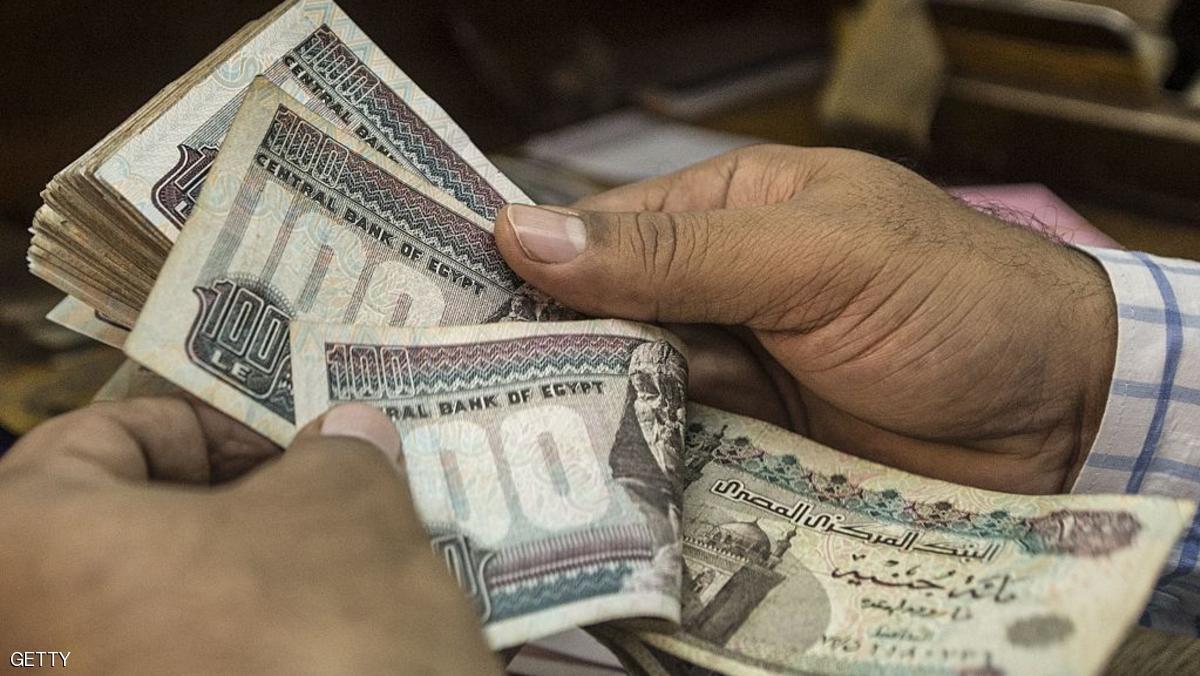Cairo, (Business News Report)|| Investment bank JPMorgan expected the Egyptian government to resort to devaluing the pound, in light of the increasing financial pressures.
JPMorgan said that the Egyptian government needs assistance from the International Monetary Fund, which may push the pound to decline.
Egypt’s public finances, which are already under pressure, are further hurt in light of higher commodity and food prices and a possible decline in the number of Russian tourists, JPMorgan said.
“We expect an FX devaluation will now likely be required,” JPMorgan said, estimating the Egyptian pound was currently more than 15% overvalued.
The bank put forward several scenarios: the first is not to devalue the currency, another similar to the period 2014-2015 when the authorities allowed the currency to depreciate about 5%, and the third is a larger devaluation under a new program with the IMF.
“This scenario analysis results in a weighted probability depreciation of 8.5% from current spot,” JPMorgan said, adding its target was for a drop in the Egyptian pound to 17.25 per dollar.
Refinitiv data indicate that the price of the Egyptian currency recently reached 15.72 pounds to the dollar, about 10% lower than the target price of JPMorgan.
Recent data indicated that a number of investors sold about $1.19 billion in Egyptian treasury bonds in just three days, with activity continuing in the secondary market on Tuesday.
Because of the war in Ukraine, Egypt faces higher costs due to its dire need to import wheat, in addition to losing revenue from tourism from Russian and Ukrainian visitors to the Red Sea resorts.
Despite this, the Egyptian government denied the existence of any impact of the crisis on the strategic reserve of wheat so far.
Bankers said that investors are reducing their positions in Egypt since the invasion that began on February 24, reflecting fears of a large current account and budget deficit in Egypt, as well as exposure to the risks of a possible Federal Reserve (US Central Bank) raising interest rates.
They say investors fear the value of their holdings will diminish if Egypt is forced to devalue its currency.
According to a statement, the Egyptian Stock Exchange revealed that non-Egyptian investors sold, on Tuesday, 5.79 billion Egyptian pounds ($369.73 million) in treasury bonds, after they sold 7.79 billion pounds in bonds on Monday, and 5.10 billion pounds in the transactions of last Sunday’s session.























































